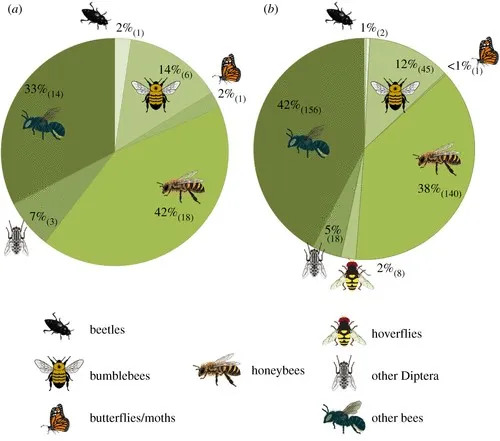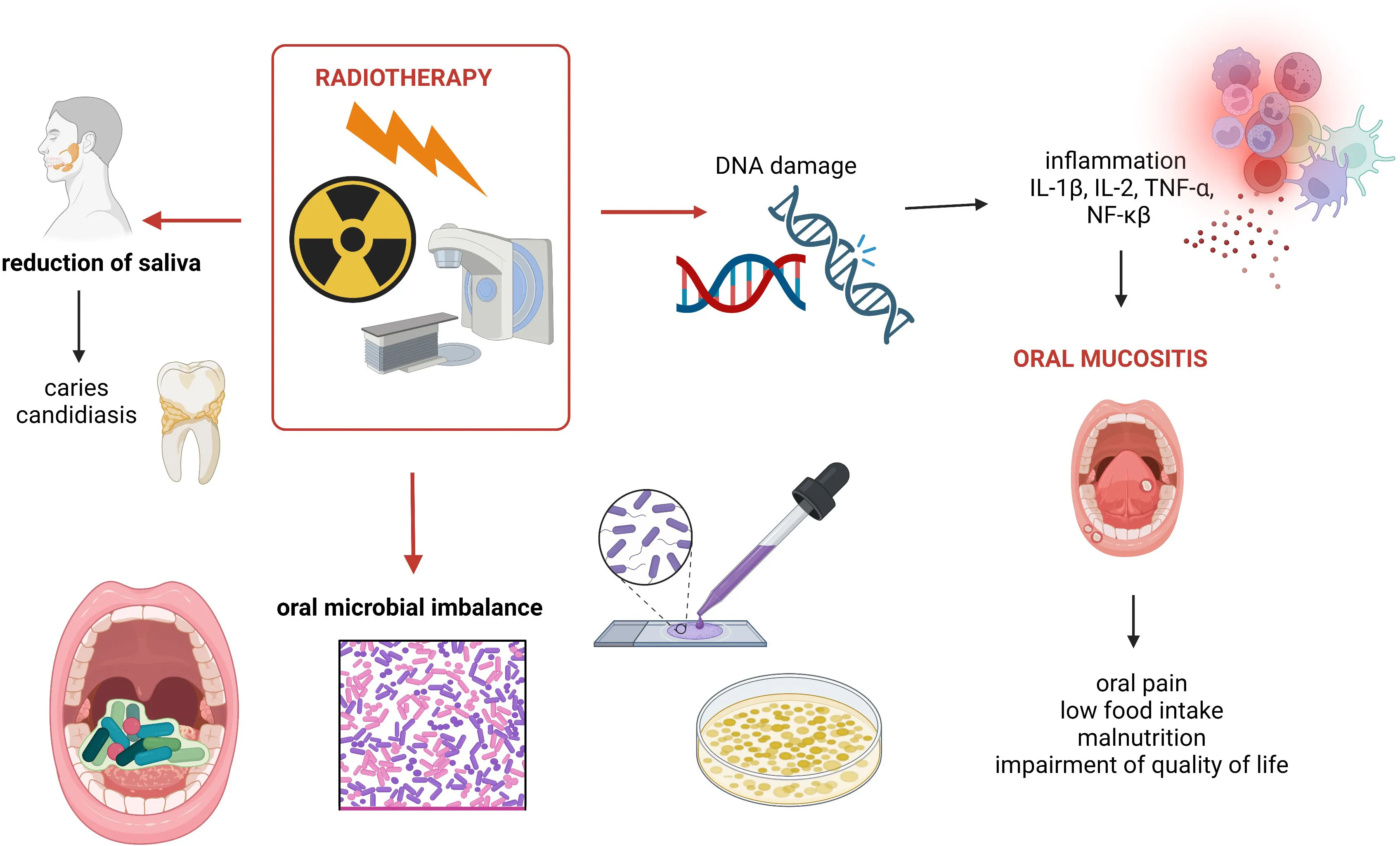Trends
Assessment of Awareness Using Physiotherapy Devices at the Physical Therapy Center in Derna "A Field Awareness Study"
Awareness and Self-Use of Metronidazole for Diarrhea and Abdominal Pain Among Residents of Dongola City, Sudan
The Impact of Quality Improvement Initiatives on Outcomes of Preterm Neonates
Fresh orange juice is an essential component of the human diet,
and there is much evidence of its health and nutritional benefits. Therefore, the nature of oranges is affected by the
squeezing processes, which may cause loss and poor quality of the juice.
From this standpoint, the research was conducted to
study the effect of storage and temperature on some physicochemical properties of
four varieties of orange (sour, sweet, blood, and navel). The duration of
storage was one, two, and three weeks at temperatures (35, 55, and 75 °C). The
effect of injecting orange fruits with iron (III) ion, which led to a loss in
the percentage of vitamin C for all studied varieties, was also studied. Most
of the physical properties were affected by storage (PH, conductivity, TDS, and
TSS, index of refraction). As a result, the loss rate of vitamin C increased with storage period , high temperature,
and iron ion injection.
Share This Post:

Rabia Omar Eshkourfu
Department of ChemistryDepartment of Chemistry of Elmergib University, AL-Khums, Libya









